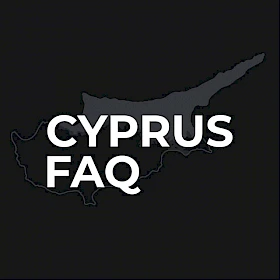Psychiatrist Explains How Media Should Report Suicides and Provides Helpline Numbers in Cyprus
Dr. Giorgos Mikellidis, psychiatrist and clinical lecturer at the Nicosia Medical School, explained in an interview the principles of reporting suicide cases and urged the media to provide information responsibly. The discussion comes amid public debate and recent WHO data on youth mental health in Europe.
Mikellidis noted that the journalistic code of ethics requires avoiding detailed descriptions of methods and demonstrative materials to reduce the risk of imitative behavior. He reminded of the scientifically documented "Werther effect"—the increase in suicides following detailed, dramatized reporting—and the reverse "Papageno effect," where stories of overcoming crises lead to decreased suicides.
According to the specialist, information should be presented respectfully, without romanticization, and should include sources of help. As practical guidance, Mikellidis provided helpline numbers in Cyprus: 116 111 — European Child and Adolescent Helpline (Hope for Children Consortium and partners); 1466 (24/7) — "I Foni" for children and adolescents; 1410 — Cyprus Youth Organization hotline; 80007773 — Cyprus Samaritans; 70000116 — Internet Safety Line (CyberEthics); 1455 — Cyprus Family Planning Association.
The specialist emphasizes that responsible journalism can serve prevention and support, not just information.
You may also be interested in:
- In Nicosia, a car belonging to a 20-year-old woman was set on fire on New Year’s night
- The first baby of 2026 was born in Limassol
- New Year holidays in Cyprus passed with dozens of emergency calls
- Students ran across the whole of Cyprus: an ultramarathon from Akamas to Cape Greco completed
- Christodoulides: Cyprus’s presidency of the EU Council is a key task for 2026


